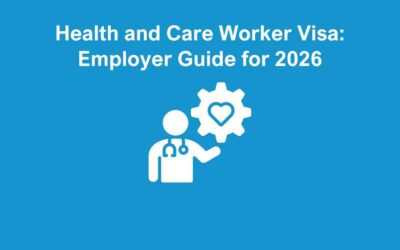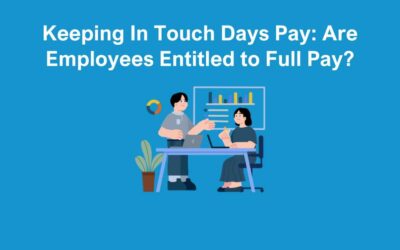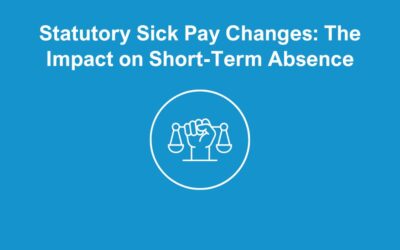P&O Ferries have made the news a lot lately due to mass sacking and safety allegations. The first scandal broke earlier in the year that 800 employees were made redundant without any warning by the medium of a 3-minute pre-recorded video. As part of this short video, staff were told Thursday will be their last day, giving the impression that doing the right thing wasn’t at the top of their agenda. Instead of being approached with compassion, employees were escorted from their place of work in handcuffs.
Is mass sacking legal?
Under current legislation, all staff are entitled to a consultation process. This allows employees to understand why they are being made redundant and other roles that they may be able to apply for. With over 20 employees being made redundant, they are required to follow the ‘Collective Consultation’ rules set out by the Government. These rules include:
- The Redundancy Payments Service must be notified before the consultation begins.
- You must consult with trade union representatives or an elected employee representatives if there aren’t any.
- The company must respond to requests for more information.
- Give a termination notice showing the agreed leaving date.
- Send redundancy notices once the consultation is done.
- Redundancies at the level of 800 staff means that the consultation meeting must begin at least 45 days before anyone is dismissed. It seems that P&O failed to adhere to this. In addition, employees may have a case for unfair dismissal.
What’s a sit-in?
The RMT union is encouraging employees to ‘sit in’ to prevent new staff to enter the workplace. In addition, a sit-in is a type of protest where a group of people gather in a space, building, or vessel in this case and refuse to move until their demands are met. Staff have already been dismissed and this may not help them get their job back. However, this brings light to the unfair treatment from employers.
It has also been brought to our attention that P&O have hired agency workers to work on the vessels. Companies tend to use agency workers instead of employed staff as agency staff have less statutory rights. These workers are payed much less as they are only working when their services are required. This is unlike contracted workers who have set hours. They are also not entitled to other employee rights such as holiday pay.
This sends a bad message to future employees as it may give the impression that they don’t care about their people. This conduct may even impact their brand negatively in the future.
New safety Allegations
After making headlines for their mass sacking, P&O ferries have hit the headlines again. This time due to multiple safety failures. Surveyors discovered deficiencies with one of their vessels and detained it after failing the safety inspection. The MCA stated that they will reinspect the vessel to find out if it’s safe to resume sailing. This may add to their current reputation and candidates may think twice when considering working for them in the future.
Always do the right thing
We always encourage businesses to do the right thing. It’s understandable that sometimes at a last resort, difficult decisions have to be made. However, it’s important that these decisions are made correctly, lawfully, and with compassion. If you would like any support with managing your employees, contact our HR Consultants now on 01383 668 178.







